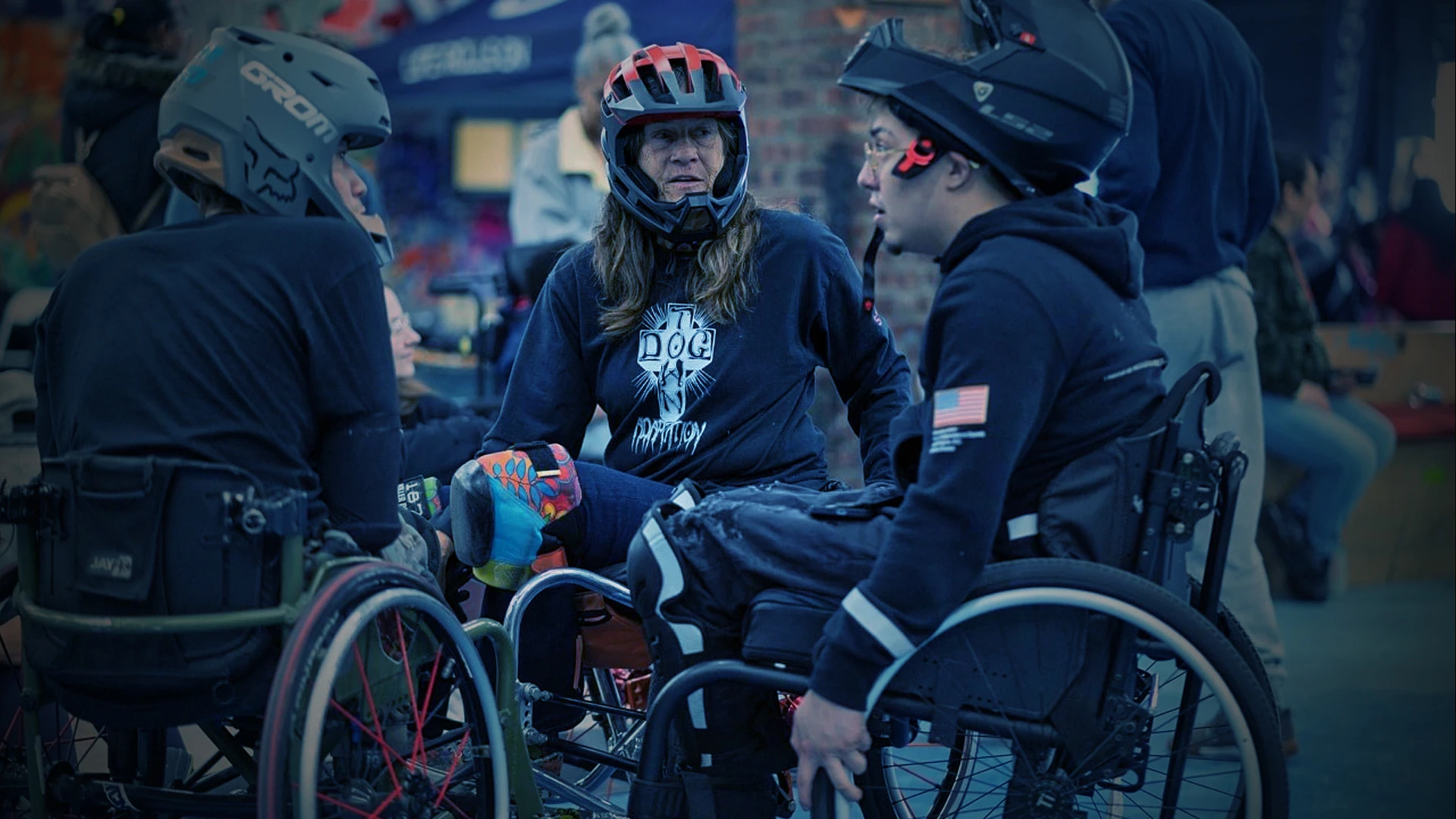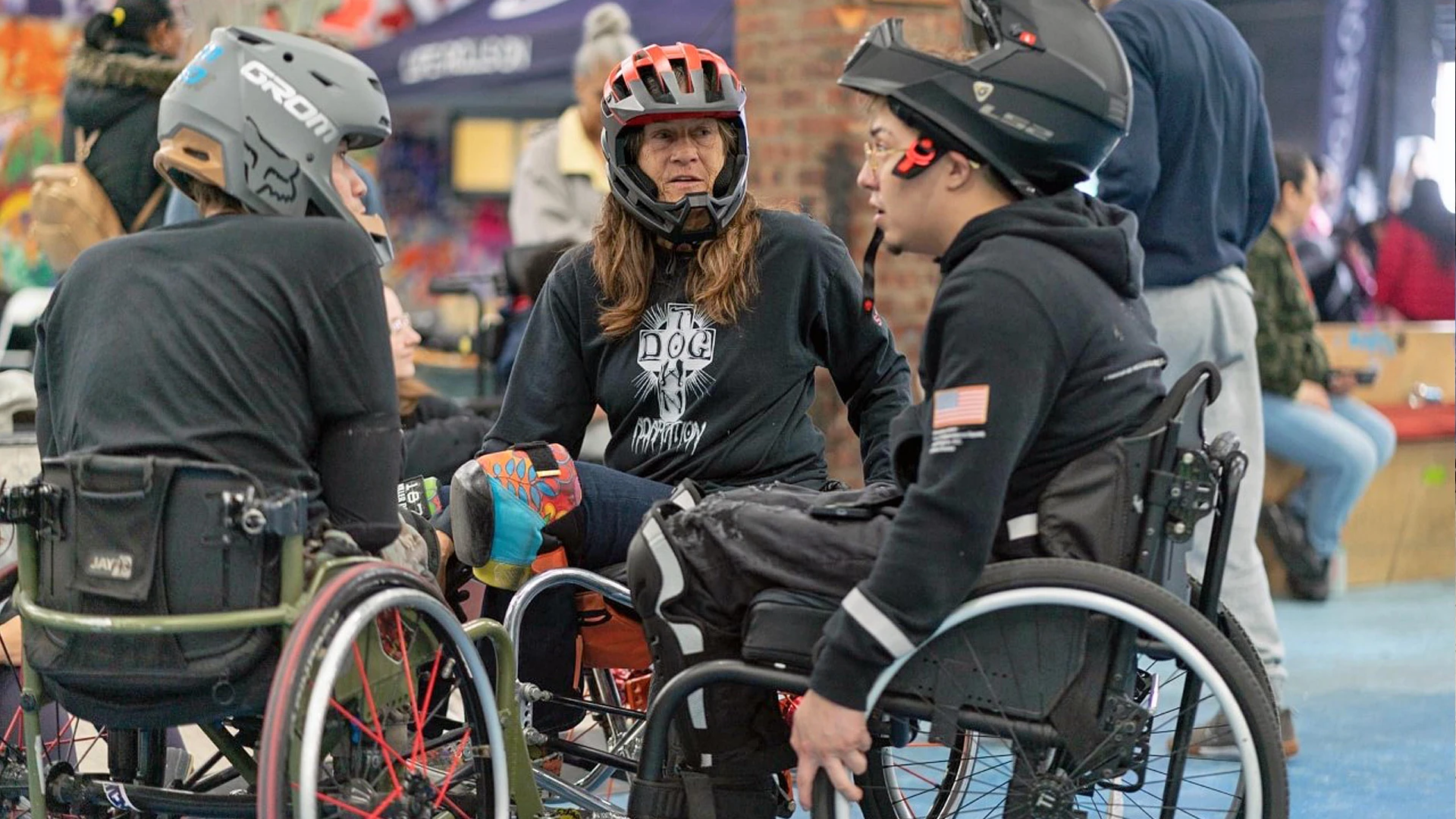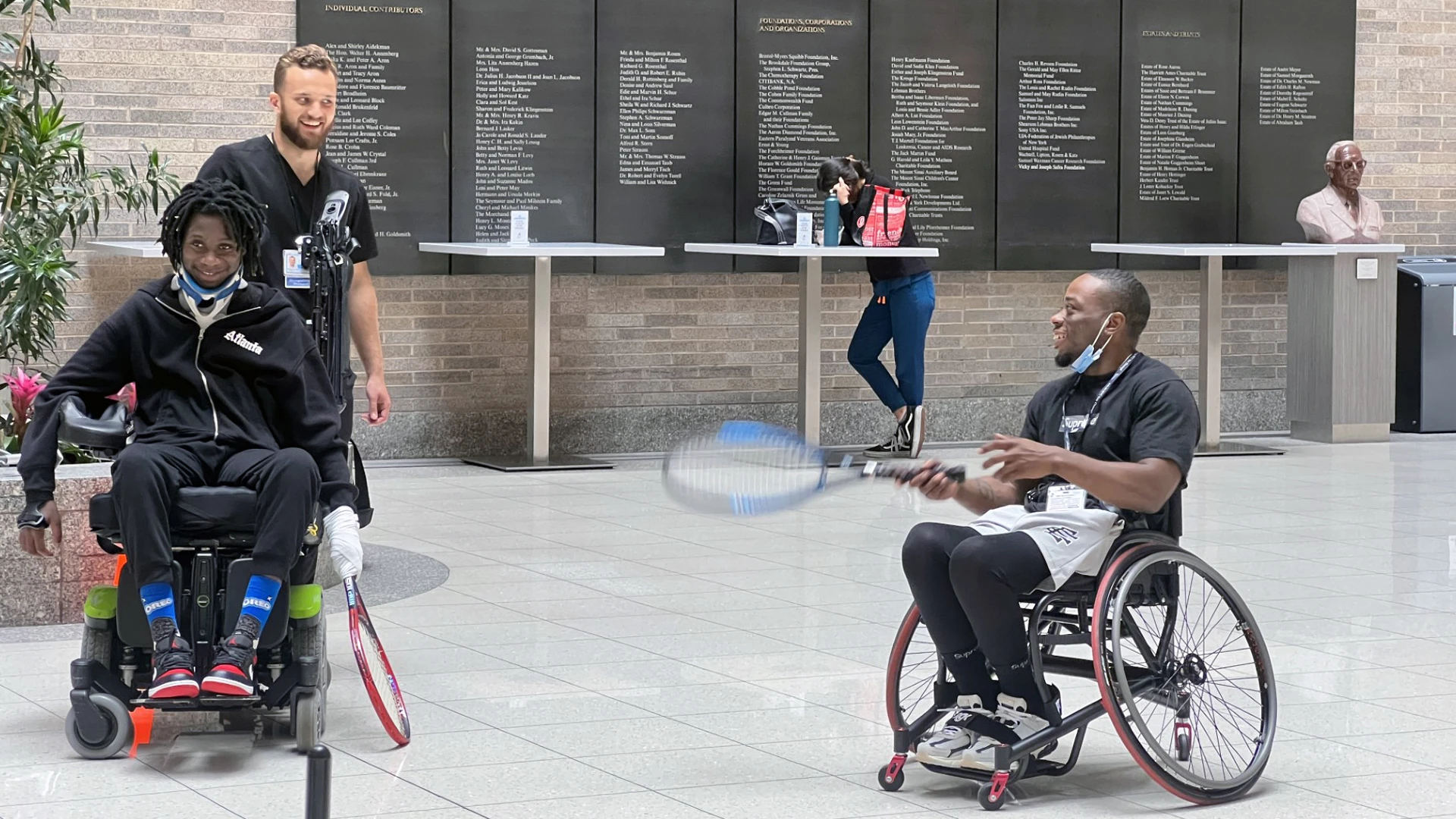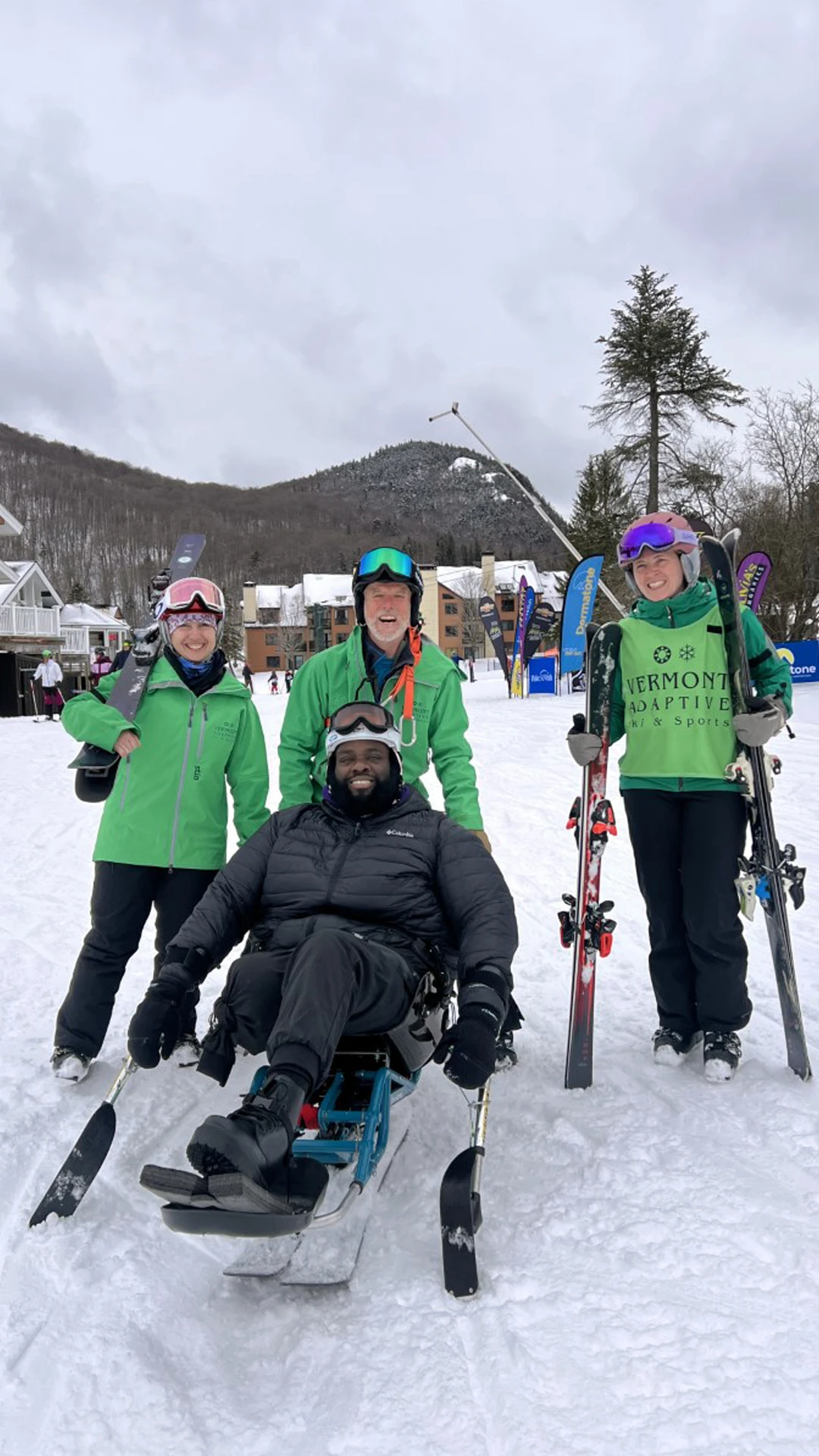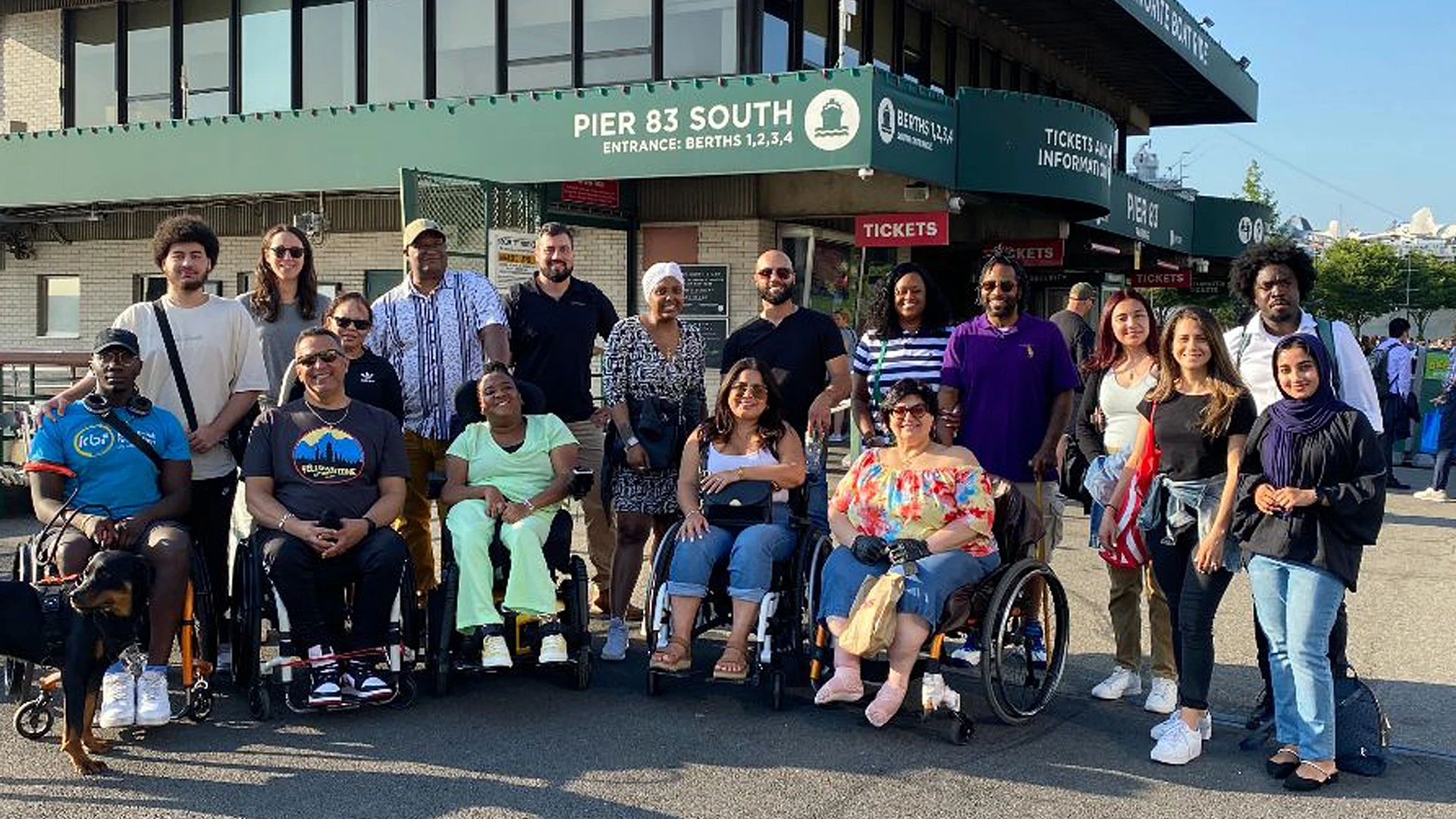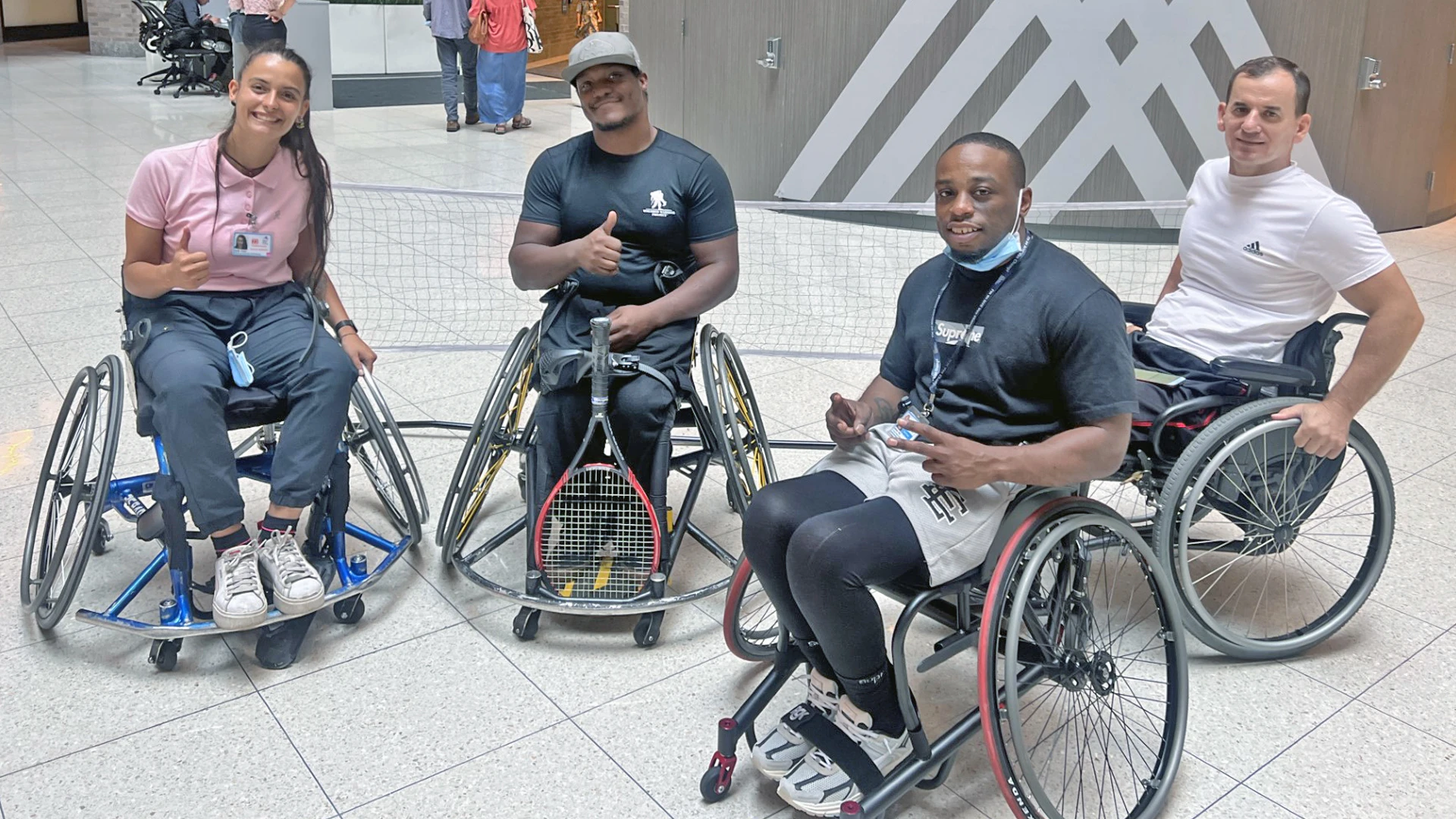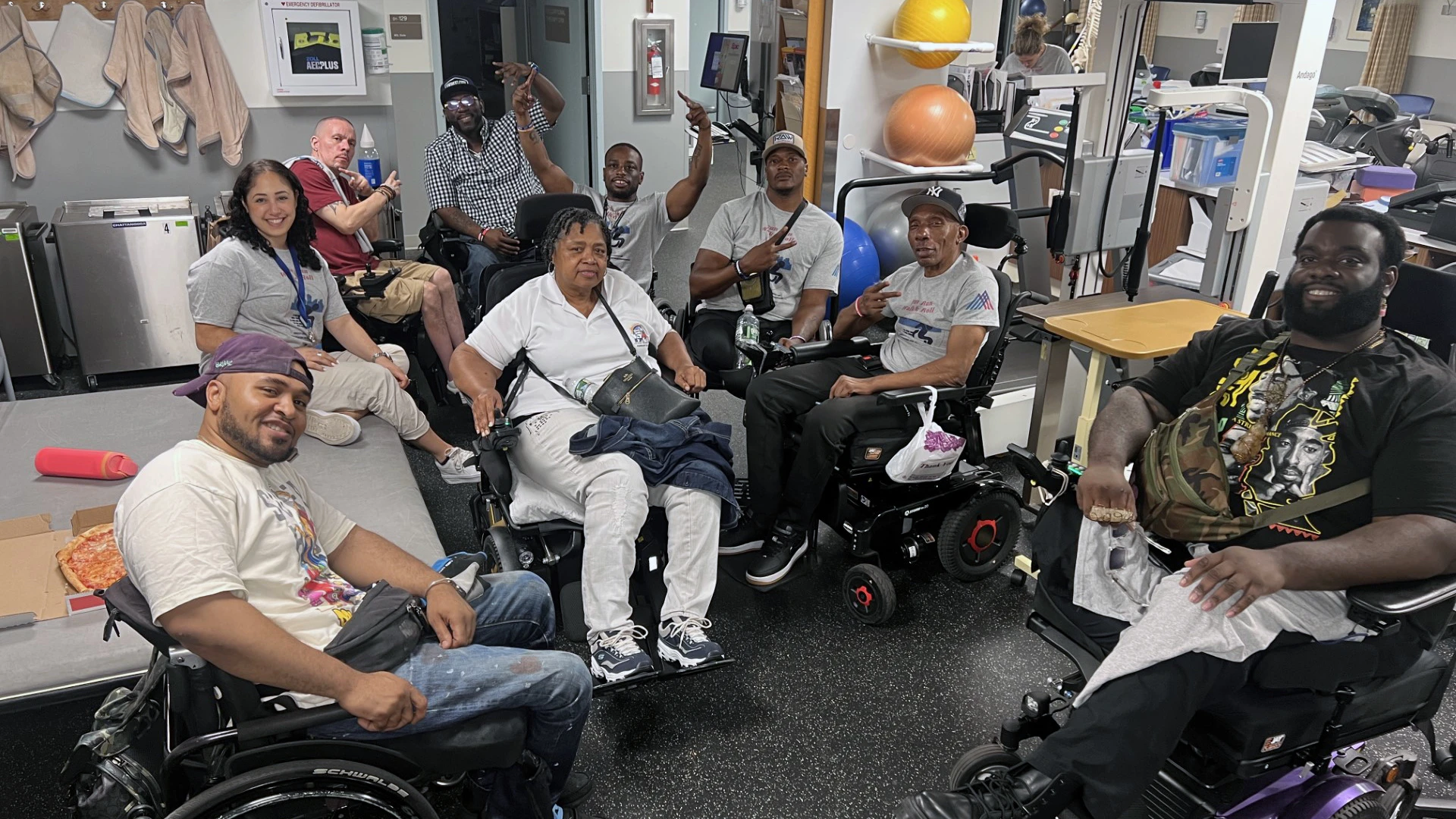When the Mount Sinai Rehabilitation Center shifted to virtual programming to meet the needs of spinal cord injury (SCI) patients during the COVID-19 pandemic lockdown in 2020, Angela Riccobono, PhD, Director of the Rehabilitation Psychology/Neuropsychology program, thought it would be temporary.
But as things began to reopen, Dr. Riccobono noted that interest in the center’s SCI online initiatives, now collectively known as Connect2Cord, did not wane. Instead, interest in the virtual programs grew, and today, Mount Sinai’s SCI virtual groups have scaled to new heights, with patients joining from nursing homes, other rehabilitation centers, other states, and even as far away as India—with some groups seeing double the participation compared to pre-pandemic attendance.
“There is a real power to virtual groups,” says Dr. Riccobono, Associate Professor of Rehabilitation and Human Performance at the Icahn School of Medicine at Mount Sinai. “They enable us to better serve our patients, creating access for those who were previously unable to participate due to barriers such as transportation or inaccessible housing, but also enable us to scale our programming to serve anyone anywhere. There is a huge contingency of people who now have access to treatment and care through our program that would not have been available to them before,” says Dr. Riccobono, “and I think that degree of outreach differentiates our program from those at other centers.”
This virtual programming, offered Mondays through Fridays, includes Meditation on Mondays to help individuals with SCI develop a sense of mental and physical balance; SitGrit, a fully seated, home-based aerobic and strength-training program on Tuesdays and Thursdays, led by high-performance and Olympic fitness trainers; Transitions and Women on Wheels groups on Wednesdays offer counseling and support to those more recently injured and a space for women to share their experiences, respectively; and on Fridays, SCI Peer Support Group.
Connect2Cord has evolved to feature a wide range of virtual, hybrid, and in-person programming, such as an in-person Gun Violence Support Group, which was created, in part, to raise awareness surrounding the issue of gun violence—which accounts for 14 percent of all spinal cord injuries in the country. Other in-person programming includes a Life After Discharge Group and Life Challenge Programs, which promote socialization, independence, and confidence building.
“Our ultimate goal is to promote independence and get individuals back into doing activities similar to what they were doing prior to their injury no matter what degree of injury they suffered,” says Garrison Redd, Spinal Cord Injury Outreach Coordinator, and Team USA Paralympic Powerlifter.
Given the growing interest in Connect2Cord programs, Dr. Riccobono and her team continue to find ways to innovate, including the recent addition of the Survivor Series to Transitions Group—a monthly speaker series highlighting accomplished individuals with SCI who offer inspiration, such as Paralympian rugby player Chuck Aoki, and Luis Lopez, a paralyzed survivor of a shooting and author of “The Bullet that Saved My Life.”
Dr. Riccobono is also collaborating with David Putrino, PhD, Director of Rehabilitation Innovation for the Mount Sinai Health System, and Professor of Rehabilitation and Human Performance; and Redd to create an adaptive sports training program to mentor, groom, and train athletes—an undertaking she believes will be a first of its kind among rehabilitation centers. The program has helped two SCI individuals who are Team USA athletes, who are participating in the 2024 Paralympics in powerlifting and adaptive fencing. “I believe this adaptive sports training program has the potential to help more athletes with SCI compete in competitive sports,” says Dr. Riccobono.
Featured
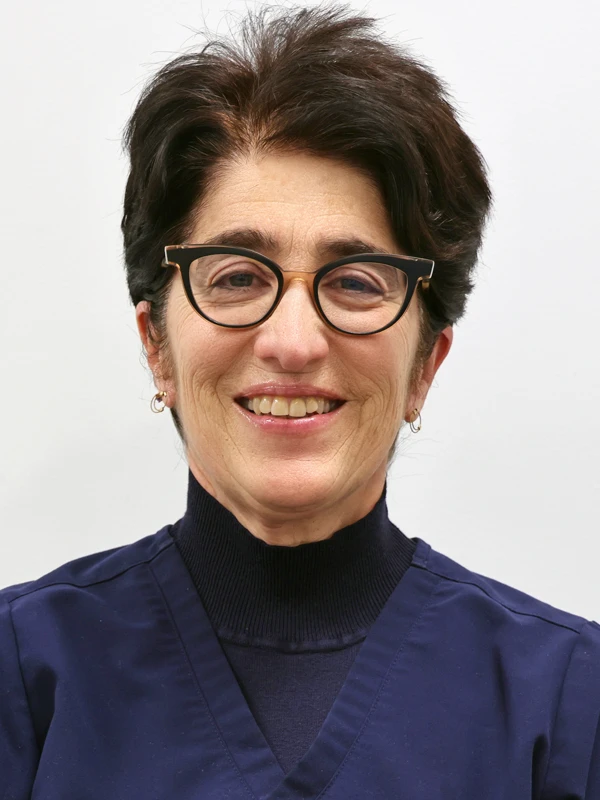
Angela Riccobono, PhD
Associate Professor of Rehabilitation and Human Performance, Director of Rehabilitation Psychology/Neuropsychology program
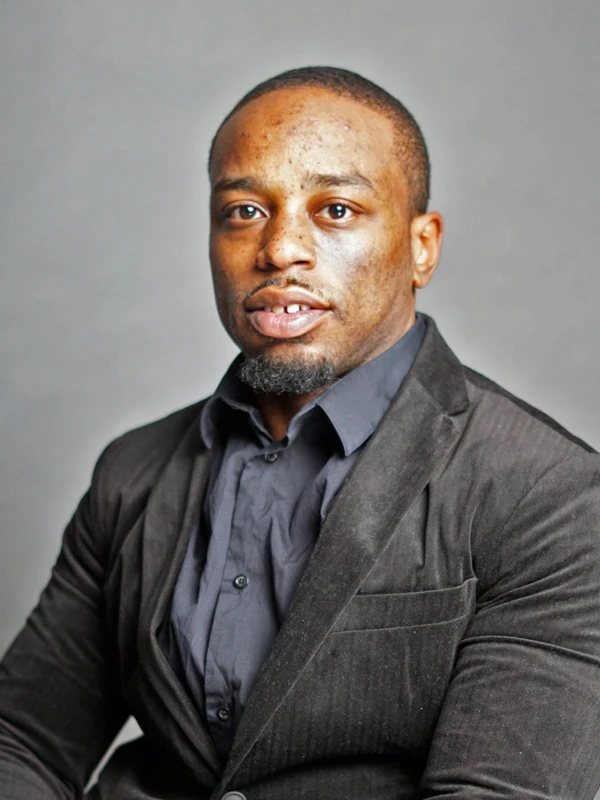
Garrison Redd
Spinal Cord Injury Outreach Coordinator
